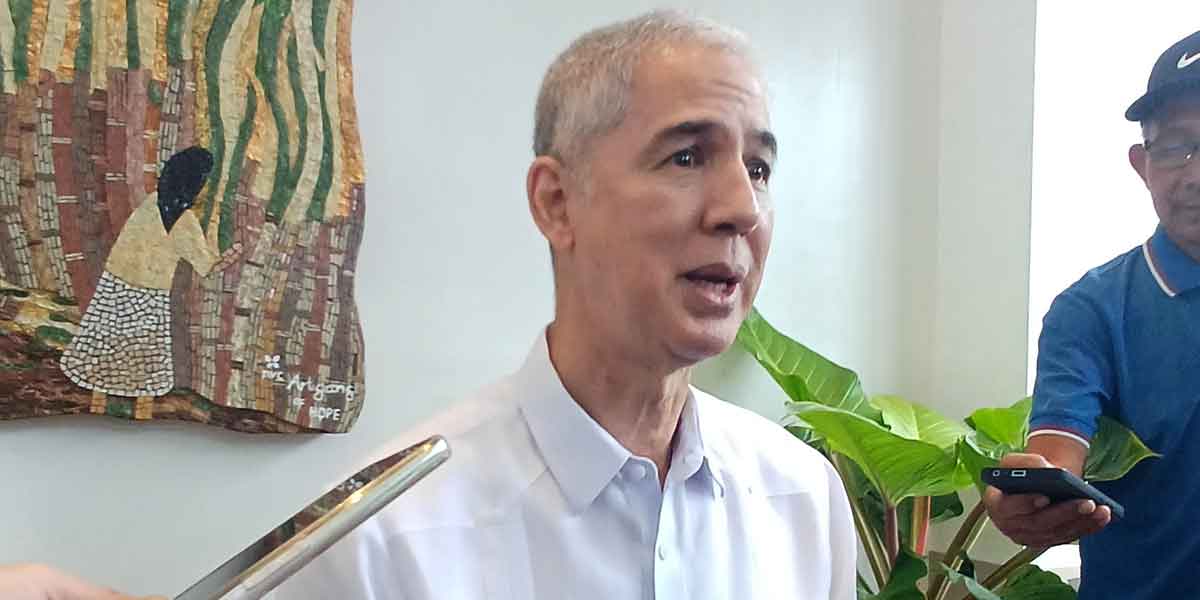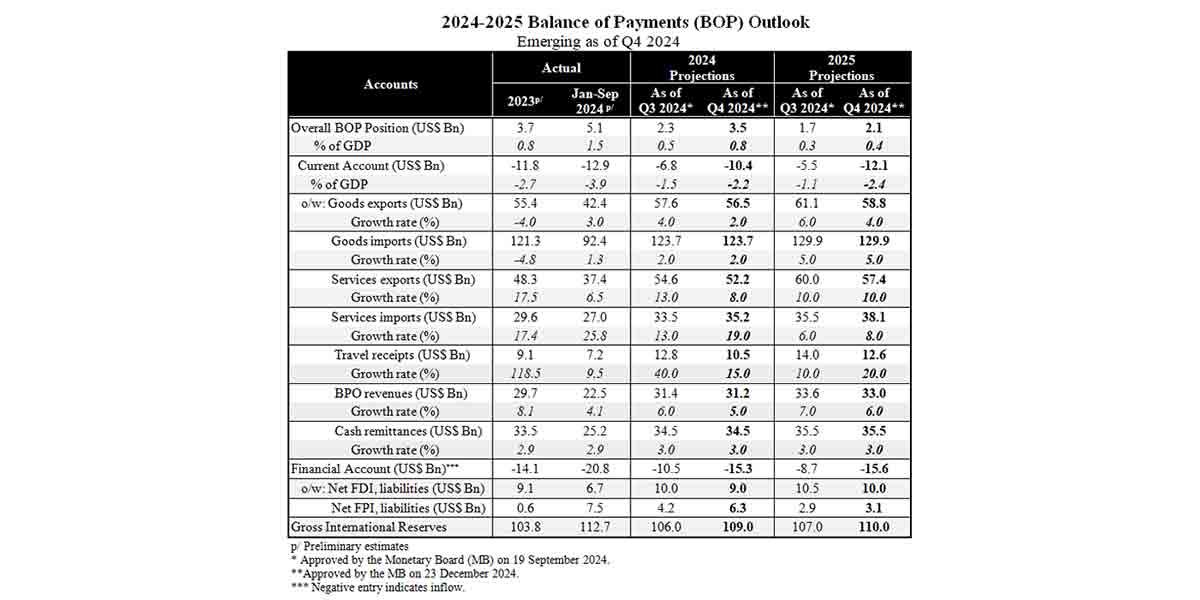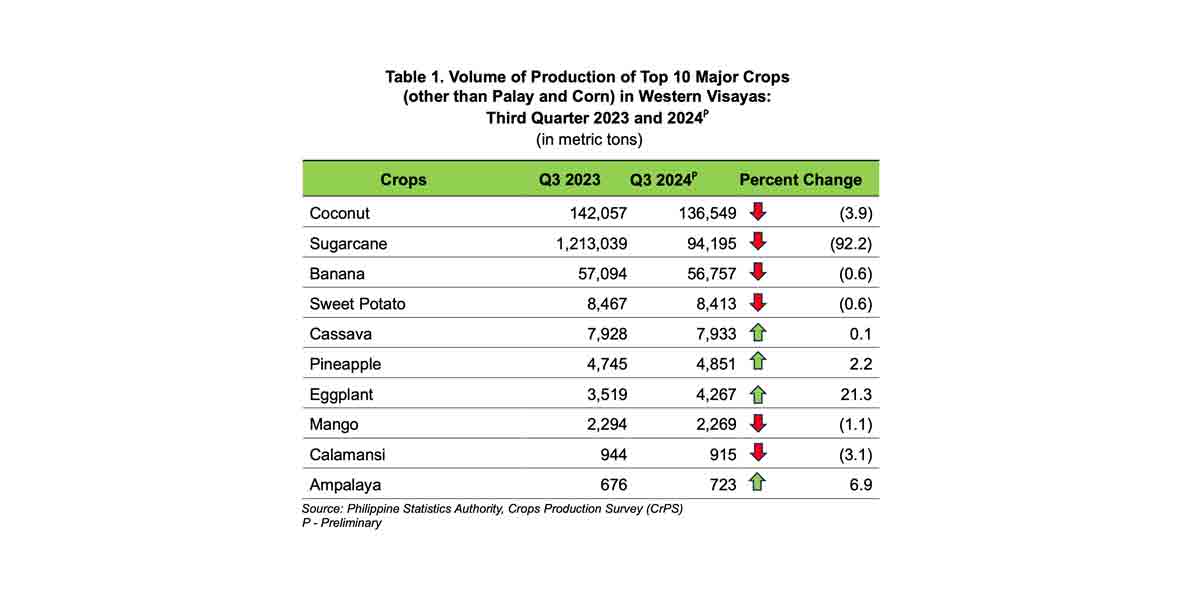The Philippines produced 37,098 new registered nurses in 2024, reflecting a steady output compared to 2023, according to the Professional Regulation Commission.
Despite this, Quezon City Rep. Marvin Rillo expressed concerns about whether all these nurses would pursue their profession or remain in the country.
“Largely due to the pressure to survive, some of them will likely try to seek immediate employment, even if it means taking on other jobs and not practicing nursing,” said Rillo, vice chairperson of the House committee on higher and technical education.
Rillo highlighted that many nurses in the past opted for careers in real estate, insurance, car sales, or business process outsourcing.
The country’s persistent nurse shortage compounds this issue, with a current deficit of 127,000 nurses, projected by the World Health Organization to rise to 250,000 by 2030.
Rillo also noted that the current production of nurses is significantly lower than the annual average of 63,800 more than a decade ago.
“We must invest more in our nurses if we want to retain some of them in the local health sector,” Rillo urged.
Entry-level nurses at Department of Health hospitals currently receive a basic monthly salary of PHP 40,208 (Salary Grade 15).
Rillo is pushing for House Bill No. 5276, which aims to raise the basic pay of entry-level nurses in government hospitals to PHP 70,013 (Salary Grade 21), a 74% increase.
Sen. Raffy Tulfo has proposed Senate Bill No. 2694, seeking a 40% pay hike to PHP 56,390 (Salary Grade 19) for entry-level nurses in public health institutions.
Both measures aim to amend the Philippine Nursing Act of 2002 and address the pressing need to improve the welfare of Filipino nurses.
With many new nurses eyeing overseas employment, Rillo emphasized the urgency of these reforms to retain talent and stabilize the country’s health care workforce.






















